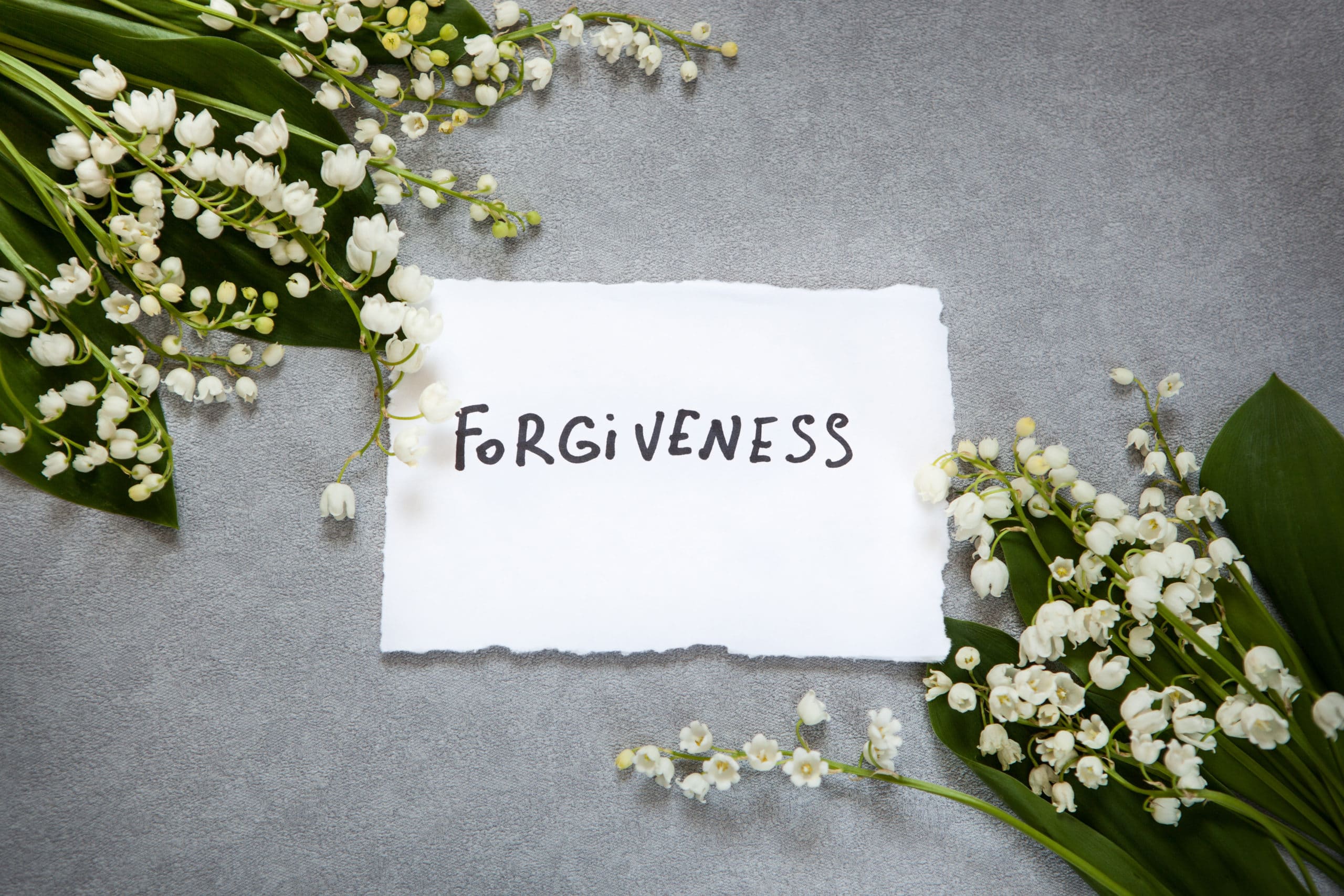Do we have to forgive and forget?

We learn about what forgiveness is about when we look at Jesus’ words regarding the human perception that it is okay to hate someone who has acted as an enemy, including some form of hostility or opposition. (And it covers the times when there may be the PERCEPTION of someone being an enemy.)
But the imperfect human part of us may have a hard time to let go of the hurt. If we realize that someone is struggling to forgive, we must also seek to forgive them for having trouble forgiving us. We can certainly pray for them.
Acknowledging our mistake or hurtful behavior or words is an important first step which you mentioned having taken. We first go to the Lord, as in 1 John 1:9 “If we confess our sins, he is faithful and just to forgive us our sins and to cleanse us from all unrighteousness.”
Forgiveness may or may not result in a restored relationship. What Jesus desires is True Forgiveness from a sincere heart. Only the Lord can judge. It is possible to claim to have forgiven and to harbor animosity even while doing all the right things and appearing to love.
It is also possible to forgive someone, holding no resentment or hostility toward them, and yet choose to not restore the relationship as it was, and to have a limited/restricted/different relationship.
Forgiveness can be a process, and it may take some time. Sometimes the offended party may need some space to process the experience. But we must remember that we can only do what is in our power. We cannot control another’s response. And if the individual does not wish to restore the relationship as it was, we must surrender this issue to the Lord, and seek a forgiving attitude toward that person. There is a loss and damage to relationships and within our own hearts when anyone holds a grudge and does not truly forgive.






